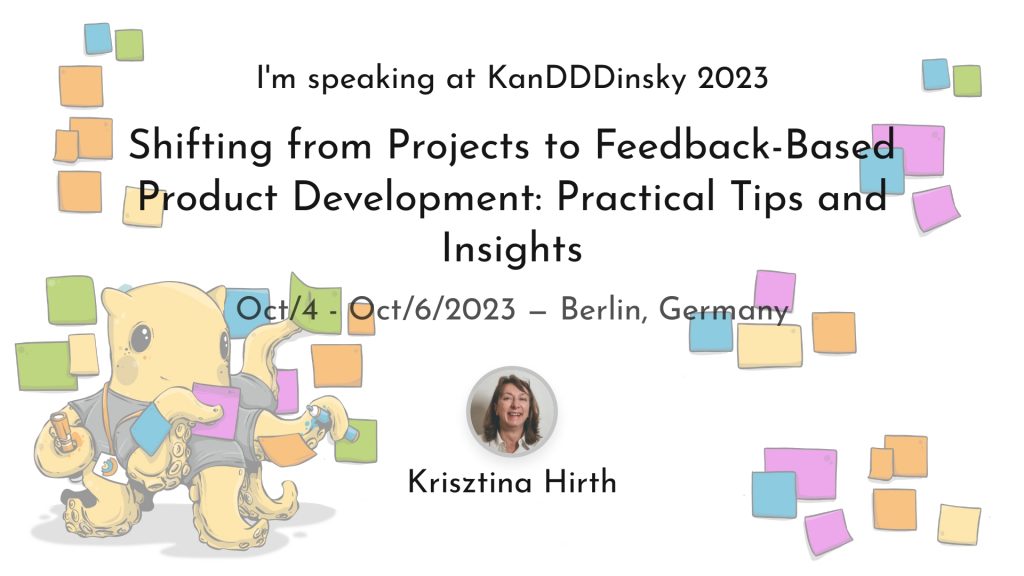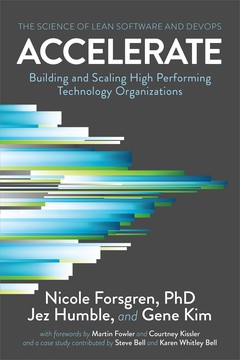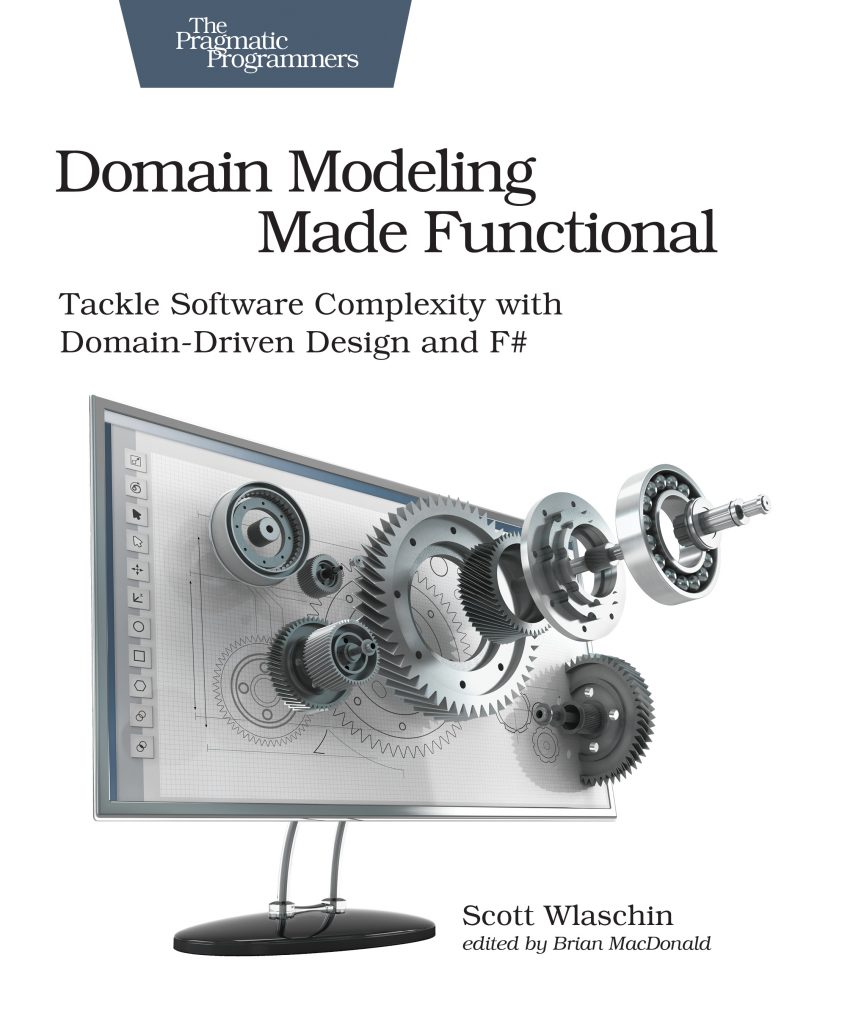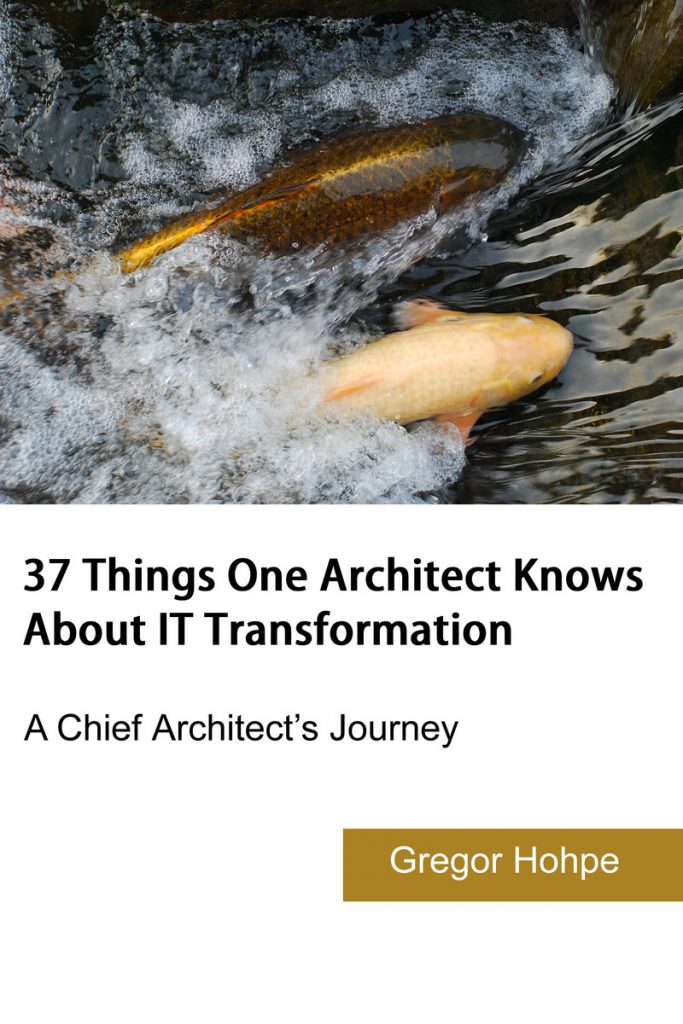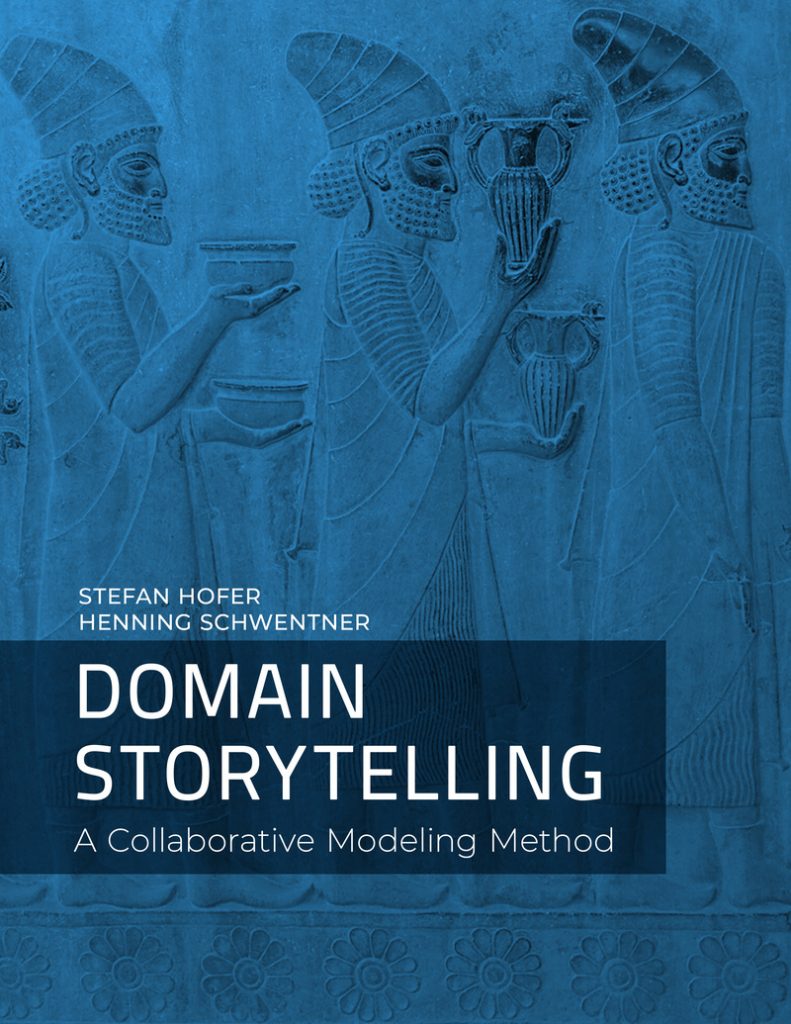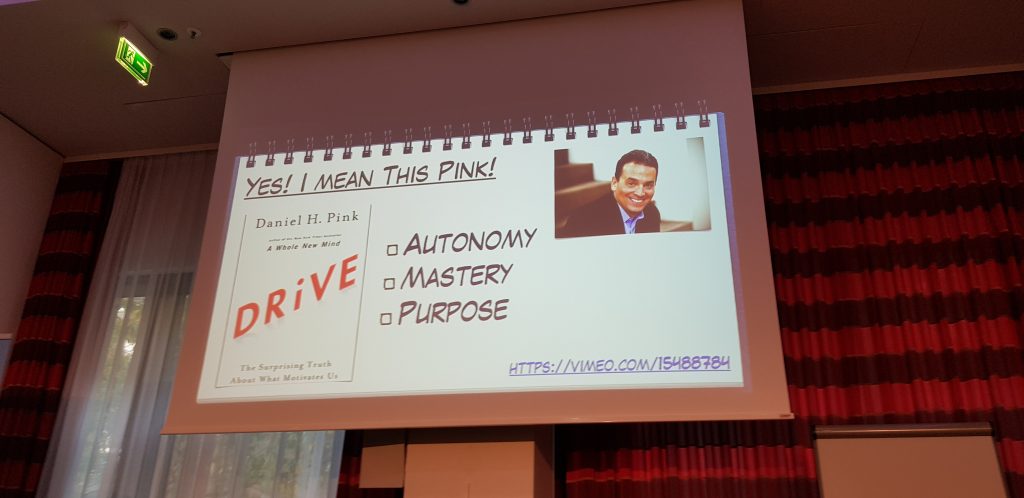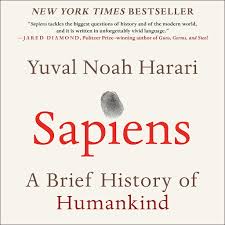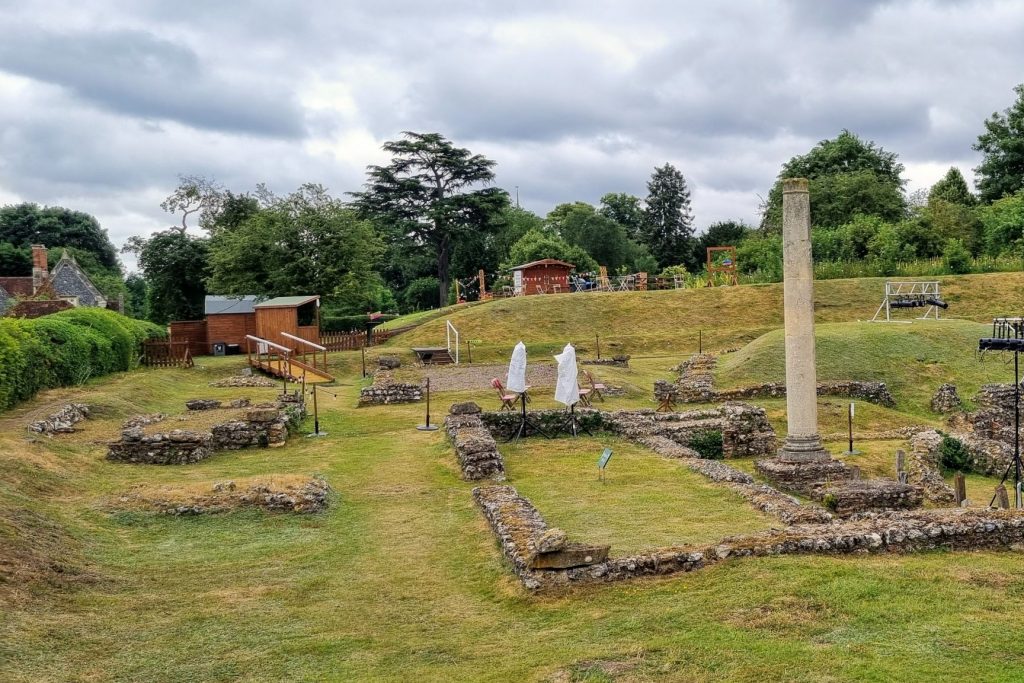
Important things need to grow to last. The German says “gut ding will weile haben” – good things take time.
The Roman Theatre of Verulamium (St.Albans) built in about 140AD
I did it: almost exactly four years after Nick Tune suggested me a conference in London as the best place to start talking at conferences, I had my first in-person talk at the DDD Meetup in London. Given the timespan, you could say, “What is so special in this? Why should I continue reading?”. Well, you don’t need to 😀. For me, it feels like quite a wonder that by looking at where I was four years ago (I was completely unknown in the international community) and what happened in the meantime, I can put a ✅behind this bucket list item.
Writing about the last four years would transform this post into a small book – I won’t do that now. Instead, I will tell you a bit about the talk and how I applied the same ideas to prepare for it. The talk is about Feedback-driven Product Development. This post is about Feedback-driven Self-Development😉.
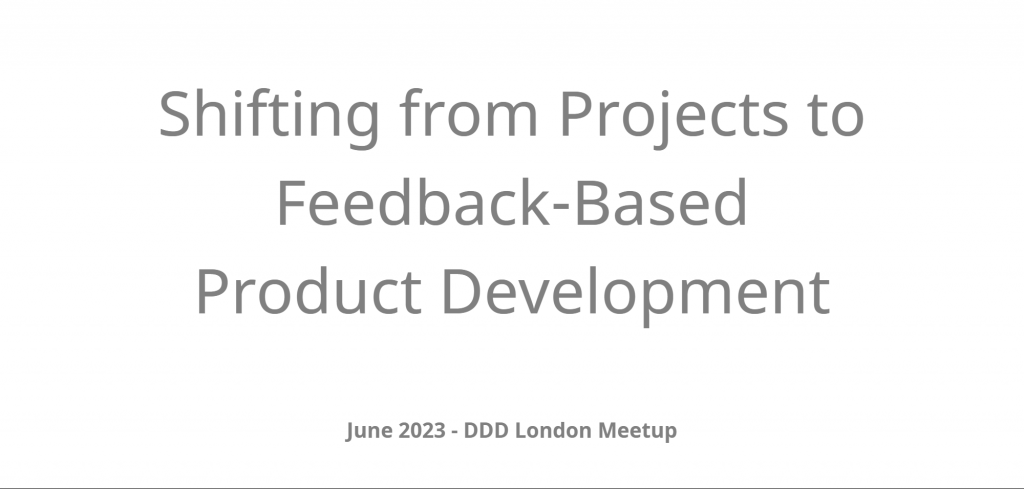
With this talk, I wanted to show how broken our product development processes, long and short-term outcomes, hell, the whole industry is, and they don’t need to be! We have everything we need to improve our life as product developers to enjoy this most creative job, but instead, we feel frustrated, overwhelmed and not fulfilled. In the presentation, I talked about the three things organisations (or single persons) can use to change this.
Disclaimer: I don’t mean software developers here. I mean all the different roles and skills needed to create something good.

Now back to the story I want to tell you: how did I use these three ideas to develop the talk and myself at the same time?
Optimise For the Time to Learn
As I said, I have never written a talk with slides and all. I have even switched from Windows to Linux to never land in a situation where I needed to write a PowerPoint presentation. But the talk itself is only the output, it is not my goal. My goal is to learn if I can do this, if I am good at it. If I enjoy it? I started to speak in international circles on Virtual DDD, and the pandemic made it very easy to meet great people. After three years of interactions, it felt natural to me. We became online friends. Last year I proposed my first workshop at the biggest DDD conference in Europe because I wanted to meet them and knew that I wouldn’t be able to support the trip financially otherwise. It worked, and now I am part of this very special community. It stopped becoming a challenge; I needed something new: a talk presented on a podium, completely out of my comfort zone.
You need to know that I am not a consultant (and I still don’t want to become one), so there are not too many reasons for all the effort needed to travel abroad to conferences and give a high-quality workshop or talk. One (and still the main reason) is to meet and exchange with other nerds. The other is my personal development: can I do this? Where are my boundaries?
So that in January, Nick convinced me to dare the next step. We agreed on a date and on a (vague) topic and set the first milestone with this: learn. Learn about the fun, the (lack) of skills in presenting my thoughts, and the reaction of others. If they are interested at all in what I want to say. My slides (the output) needed to be good enough (on my own quality scale) so that I could achieve these goals.
Measure the Outcome
The outcome was great! Even if it was a complicated plan, everything worked out, and I was ready to go. This meetup, in a city where almost no one knew me (so that they were unbiased), with a topic which could have been everything or nothing, the splendid location at Mastercard providing the conference feeling – all this was on purpose to get the most honest feedback. After seeing several people nicking during the talk, making multiple connections on LinkedIn and mastodon directly after the session, and getting several “Thank you for addressing this” comments, I could tick one important question: people want to know what I am speaking about ✅
The question about joy, about having fun, was answered too: yes, I had fun. I had great conversations with myself while I was writing the talk, and I had better conversations with the people in the room ✅.
Embrace the Change
The best outcome I learned by giving this talk was that it is not good enough yet. Imagine the other situation: having it perfect for the first time. Where am I going from here? What a boring (hence scary) thought! After this first practice, I now know (and not guess) that I will need to rework everything, but my first “walking skeleton” is the right one; the first step was exactly in the right direction. The next iterations can come.
The next milestone is at the beginning of October at KanDDDinsky. The steps towards it will be small and several based on feedback from Nick, Andrea, or anyone up to it. My journey to find my boundaries can continue.
